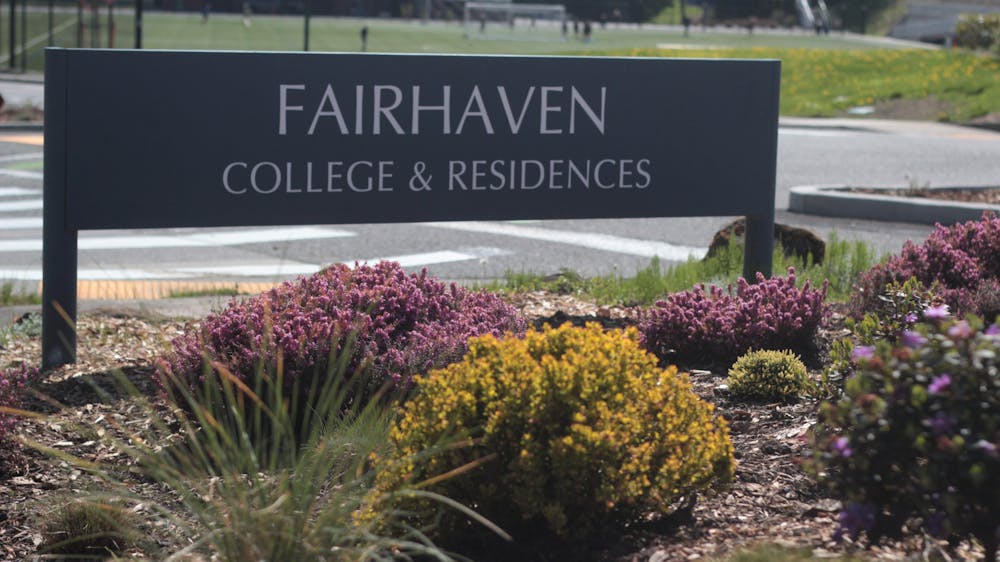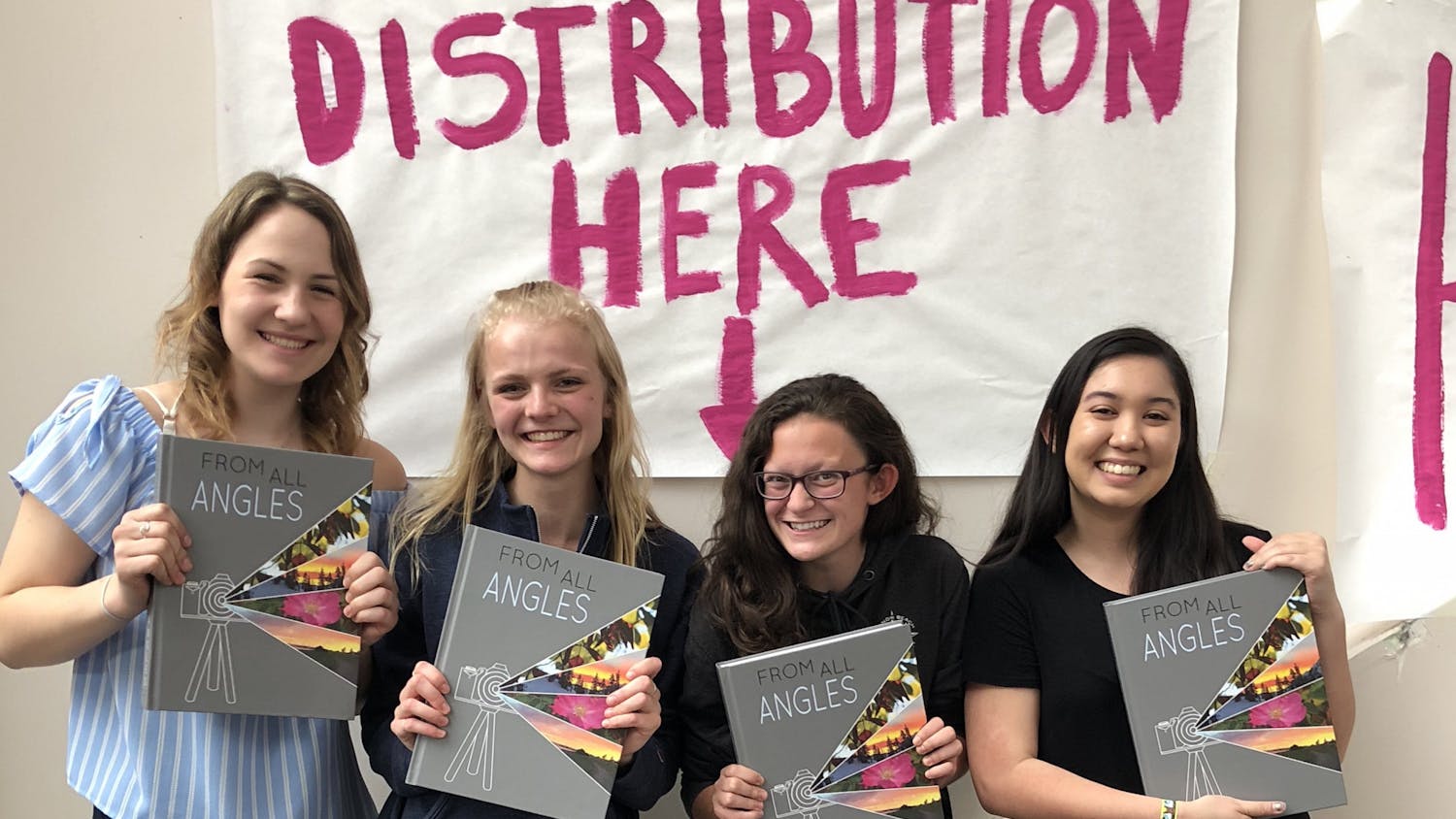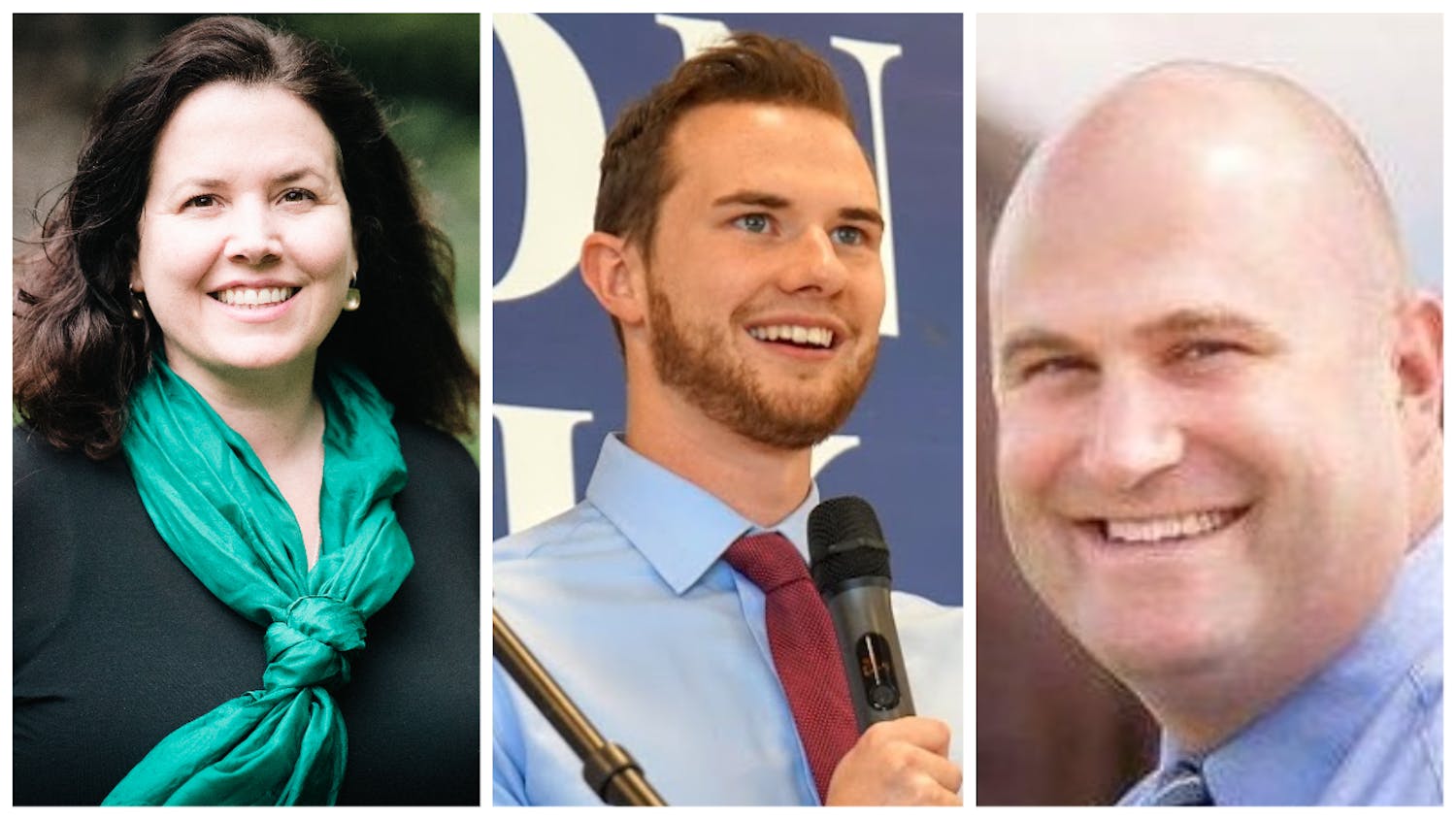While their transcripts may have only an “S” or “U” denoting satisfactory or unsatisfactory, students at Western Washington University’s Fairhaven College of Interdisciplinary Studies write a self-evaluation and receive an instructor evaluation for each of their courses.
The college’s nontraditional approach to assessment predates a national debate over grading reforms intended to support students in the wake of pandemic disruptions.
Many proponents of alternative grading say it helps disadvantaged students, reduces anxiety and promotes intrinsic motivation. Critics say students will put in less effort to learn course material without traditional grades.
“It’s a lot more intimate than a letter on paper,” said Jackson Fortin, a first-year in the Fairhaven interdisciplinary concentration. “Especially if you really put in the effort and you’re really trying to connect with the faculty and the professors that you’re working with.”
Fortin said he considers the narrative evaluations as letters of recommendation to future employers.
“Even if the criticism may be somewhat valid that you could probably put in less effort and get away with a more generic evaluation, you still have to do the work,” Fortin said.
Ceci Lopez, an alumna who is now assistant professor and director of the Fairhaven Center for Law, Diversity and Justice, returned to college to earn her bachelor’s degree at age 35.
“I experienced how life-changing it was to be in a space where education is not punitive,” Lopez said. “It inspired me to come back and when there was an opening, apply for that job.”
Lopez said the Law, Diversity and Justice program valued her life experiences outside college and demystified the legal profession for her. In addition to teaching law courses, Lopez now runs her own law firm that serves low-income taxpayers in both English and Spanish.
“It requires a tremendous amount of discipline and vision to be able to succeed at Fairhaven,” Lopez said. “It’s not a good place for students who like the threat of a grade as a motivator.”
While the pandemic rekindled the debate over alternative grading, Fairhaven used narrative evaluations long before COVID-19 forced classrooms online.
“When Fairhaven started way back in the ‘60s, it was a radical rethinking of what education can be and should be,” said Caskey Russell, the dean of Fairhaven College. “And part of that rethinking of education was the move away from our letter grade.”
Russell said one letter cannot encompass a student’s work in a course.
Drew Lewis, an education consultant and former associate professor of mathematics at the University of South Alabama, started researching alternative grading after he applied it to his own classes.
“We should have been doing it all along,” Lewis said. “The pandemic just kind of laid it out there for how urgently we needed to be doing these things.”
Lewis said multiple methods of grading fit under the term “alternative grading.” During his tenure, Lewis applied standards-based grading for lower-division mathematics courses and narrative grading for graduate courses.
In a 2019 paper Lewis co-authored with Jason Elsinger, the mathematics professors explain that “standards-based grading” differs from “weighted-average grading” because students have multiple attempts to learn individual concepts instead of one attempt on a cumulative exam.
Lewis’ 2022 research published in Indiana University Bloomington’s “Journal of the Scholarship of Teaching and Learning” found that standards-based grading decreased student test anxiety. It also eliminated the gender disparity in test anxiety.
Katie Mattaini, a biology lecturer at Roger Williams University, also applies standards-based grading to her lower-division courses and narrative grading to her cancer biology course.
“People from different groups are more likely to rate themselves highly or kind of underrate their own performance,” said Mattaini. “Like, you might say women are more likely to underrate their own performance or people from minority groups.”
While Fairhaven College provides guidelines for student self-evaluations, Lopez said her students often underrate themselves in her law courses.
Lewis and Mattaini are among several professors to organize The Grading Conference, an annual online forum for instructors to share their experiences with alternative grading.
“[Lewis] used the term ‘objectivity theater,’” Mattaini said. “It’s one of our favorite terms. Objectivity theater people like to think if you can give it a number, people think it’s objective – but there’s a lot of subjectivity that goes into that.”
Fairhaven College also allows students to design their own major, which is called an “interdisciplinary concentration.”
Fortin said he is designing a major in global philosophy, aided by Fairhaven faculty. He co-designed an independent study project in West African Philosophy with Professor Babafemi Akinrinade and applied English credits from his study abroad trip to Senegal to his concentration.
“I do think that regions like Africa are woefully underrepresented in the philosophical community,” Fortin said. “That isn’t studied in the philosophy department here.”
Russell said interdisciplinary concentration students take FAIR303A, a seminar that helps students develop concentration proposals. The class is part of the college’s core curriculum, which replaces Western’s general university requirements for Fairhaven students.
“When they’re done with Fairhaven, [students] will have dozens of courses for which they’ll have a page, maybe page and a half for each course,” Russell said. “So when you get done, you’ll have a little novella from your professors.”
Mia Limmer-Lai (she/her) is one of two copy editors for The Front this quarter. She is a second-year environmental studies and journalism student at Western with a minor in honors interdisciplinary studies. In her free time, she enjoys reading books and listening to punk music. You can reach her at mianlimmerlai.thefront@gmail.com.






